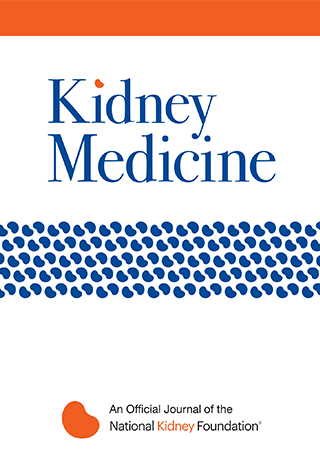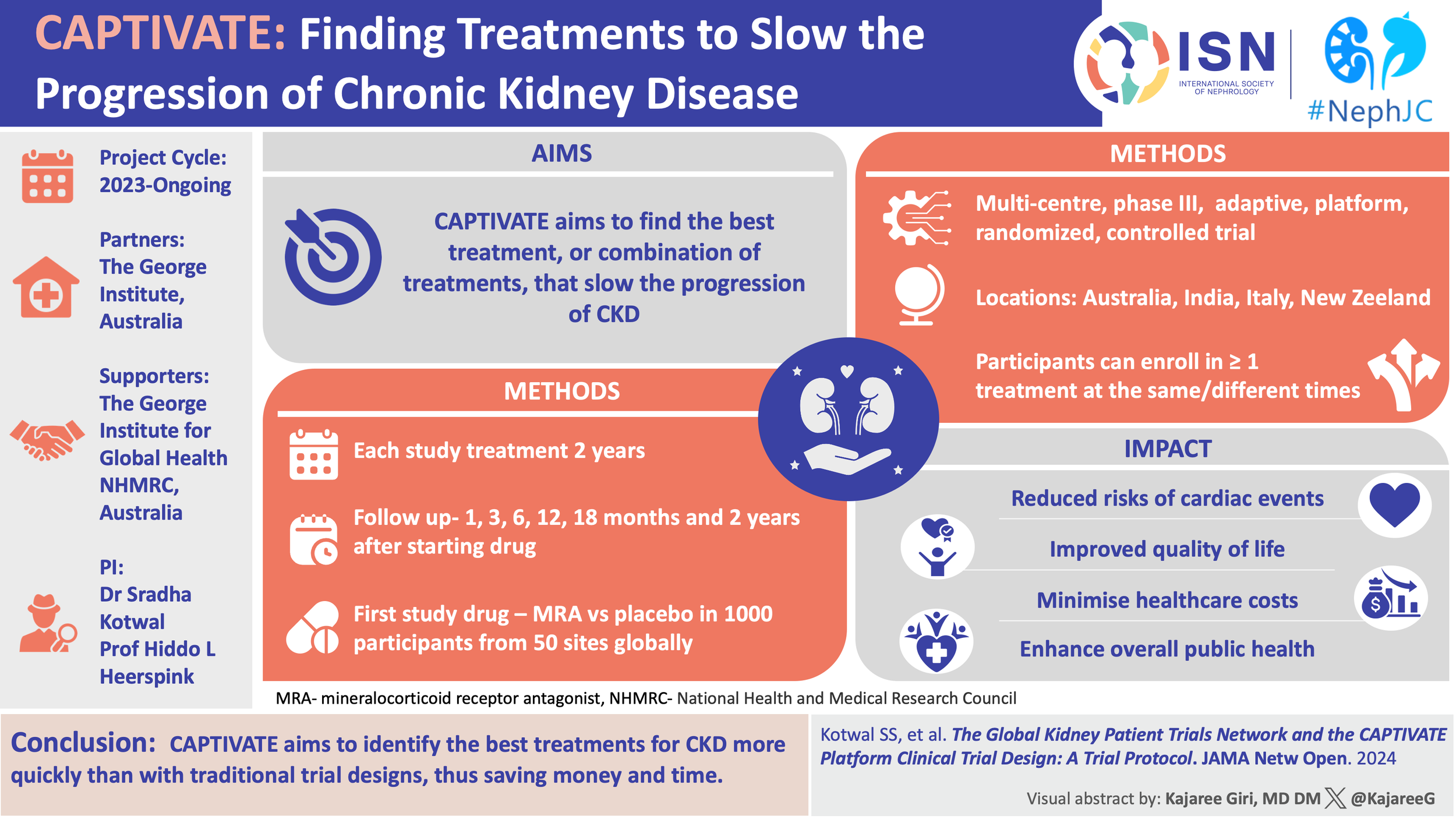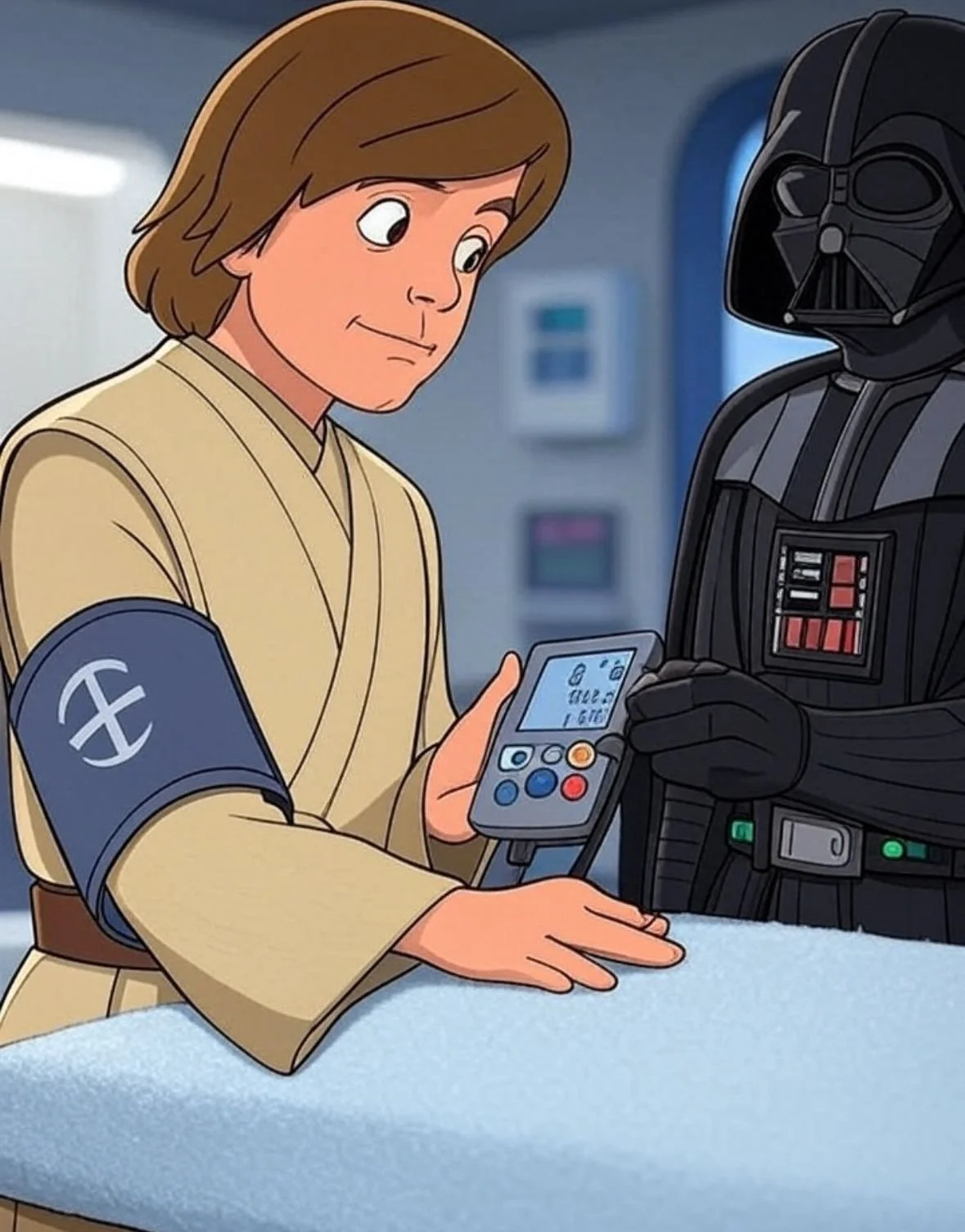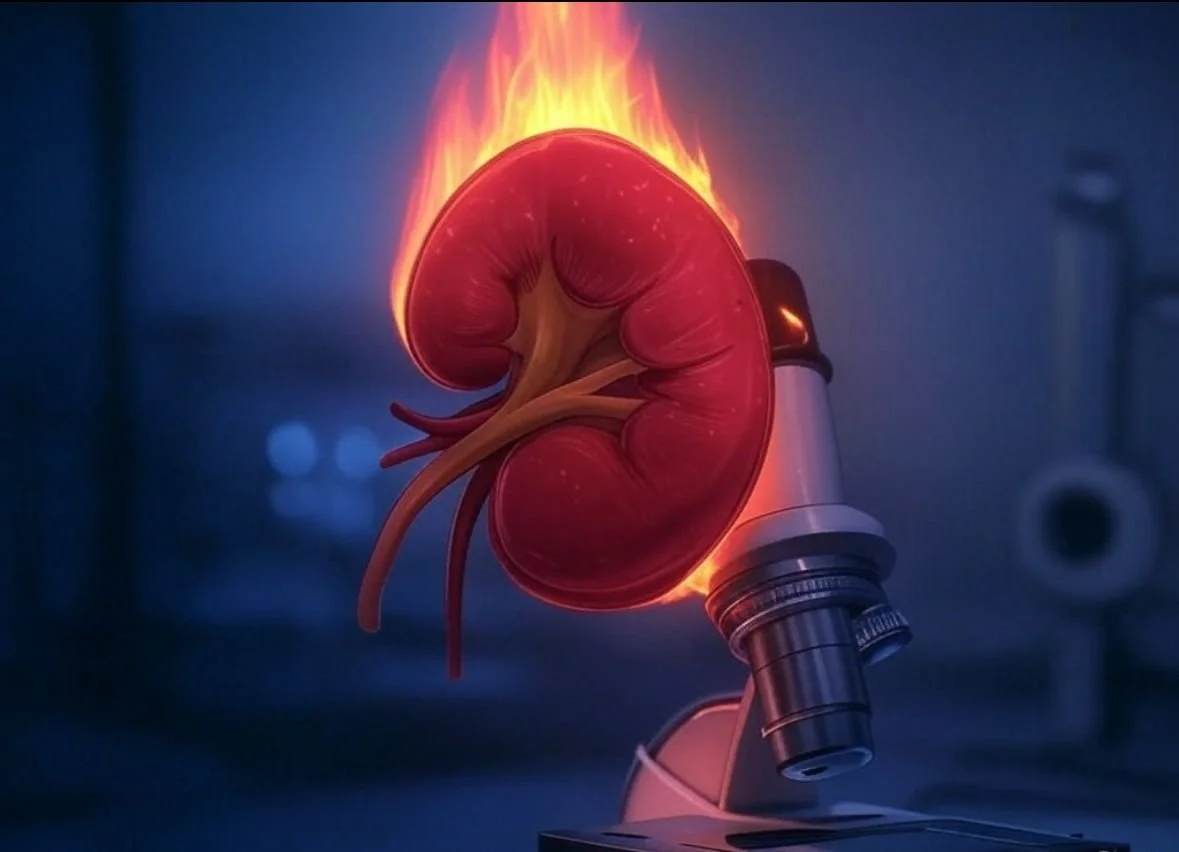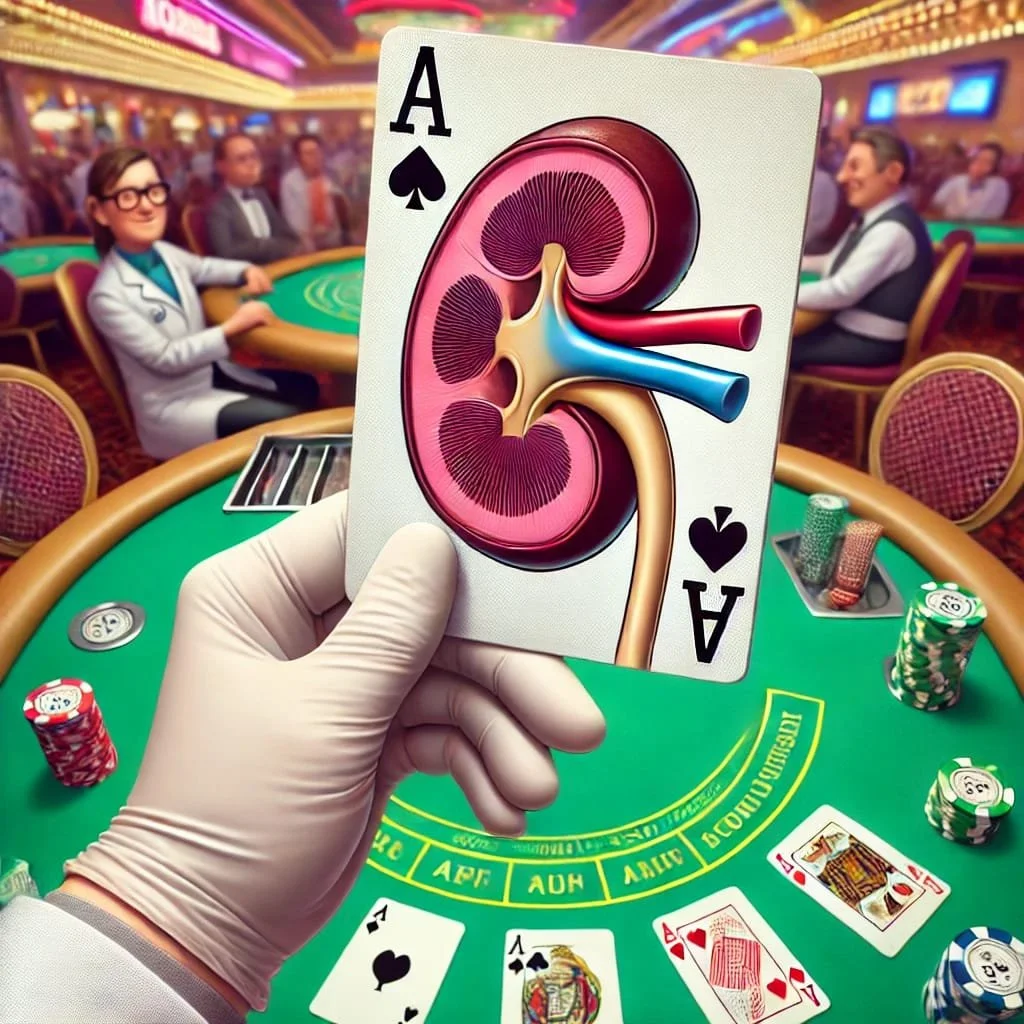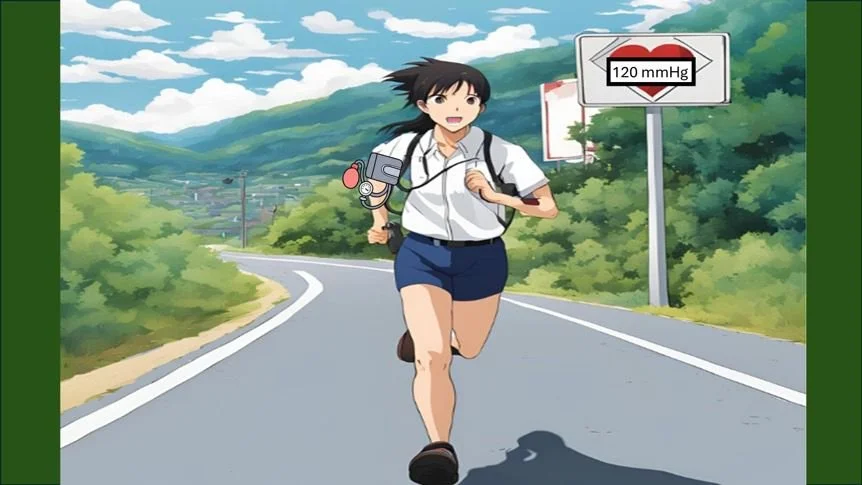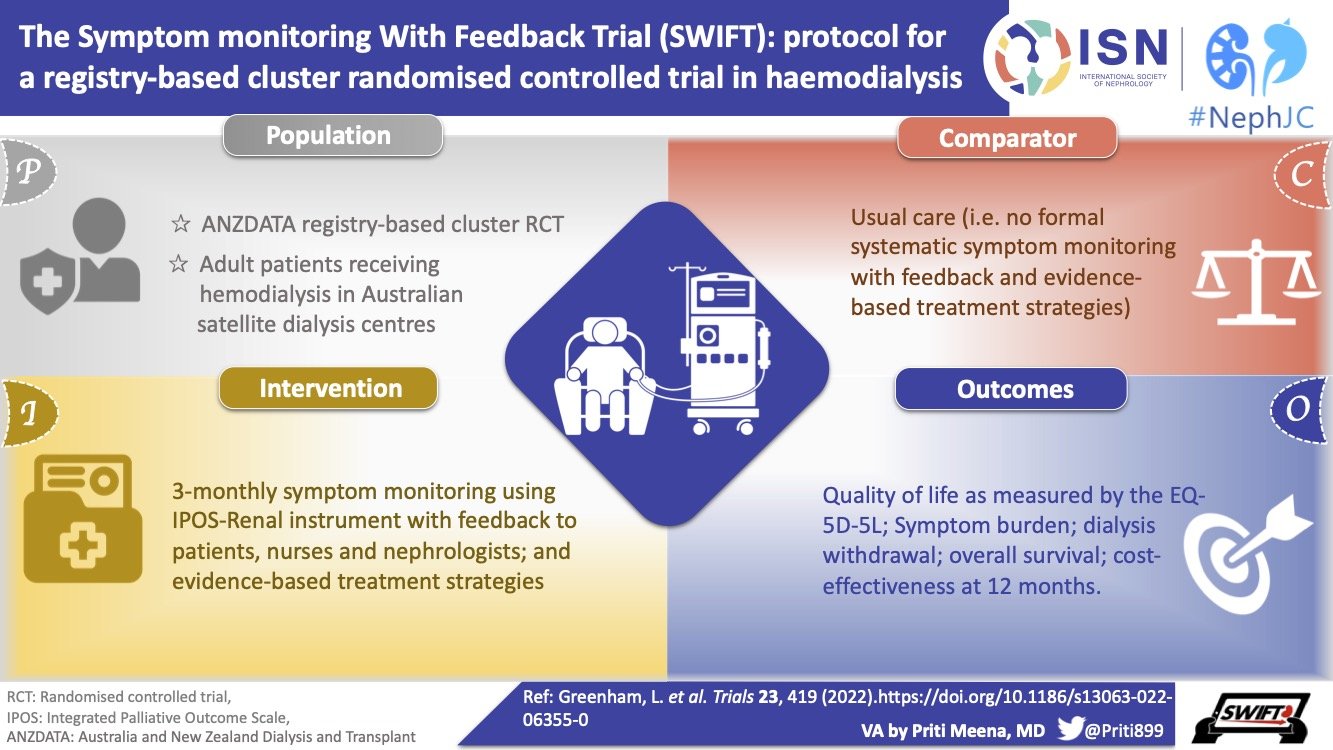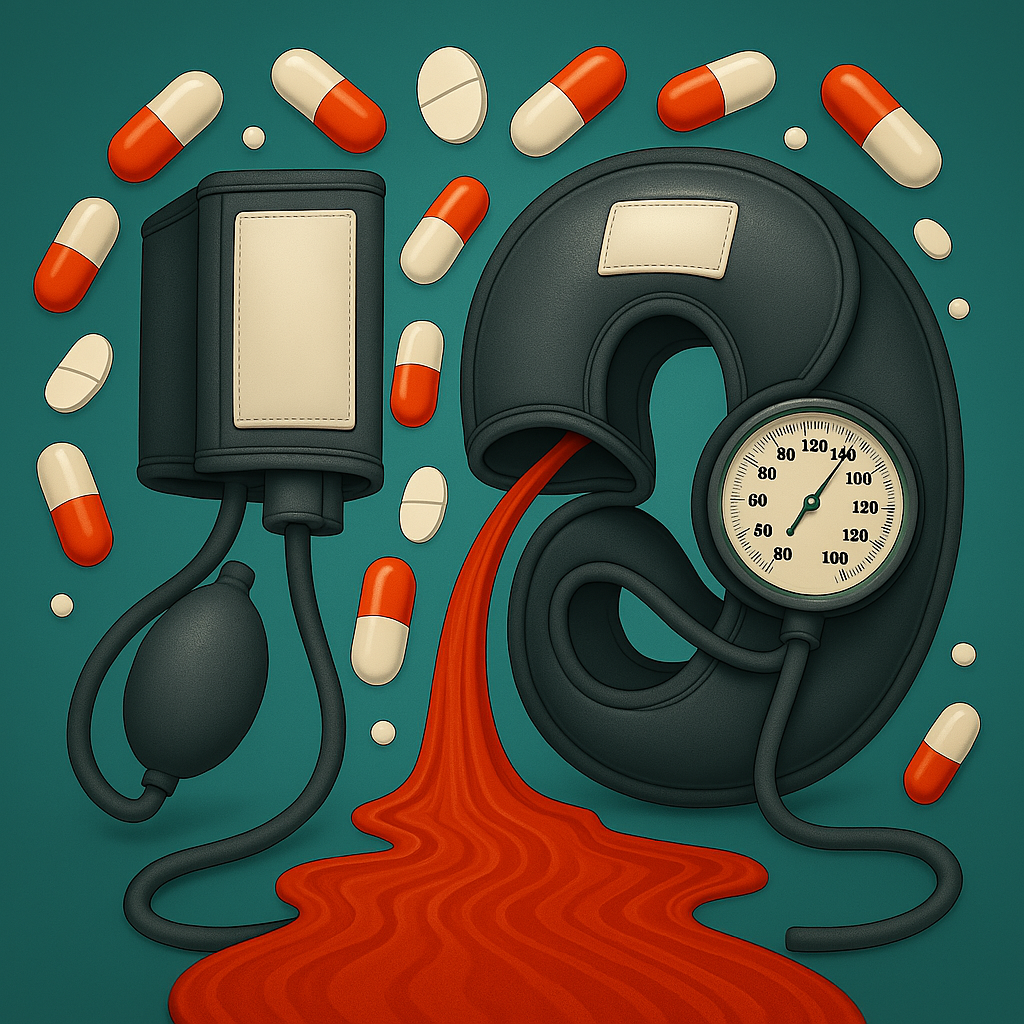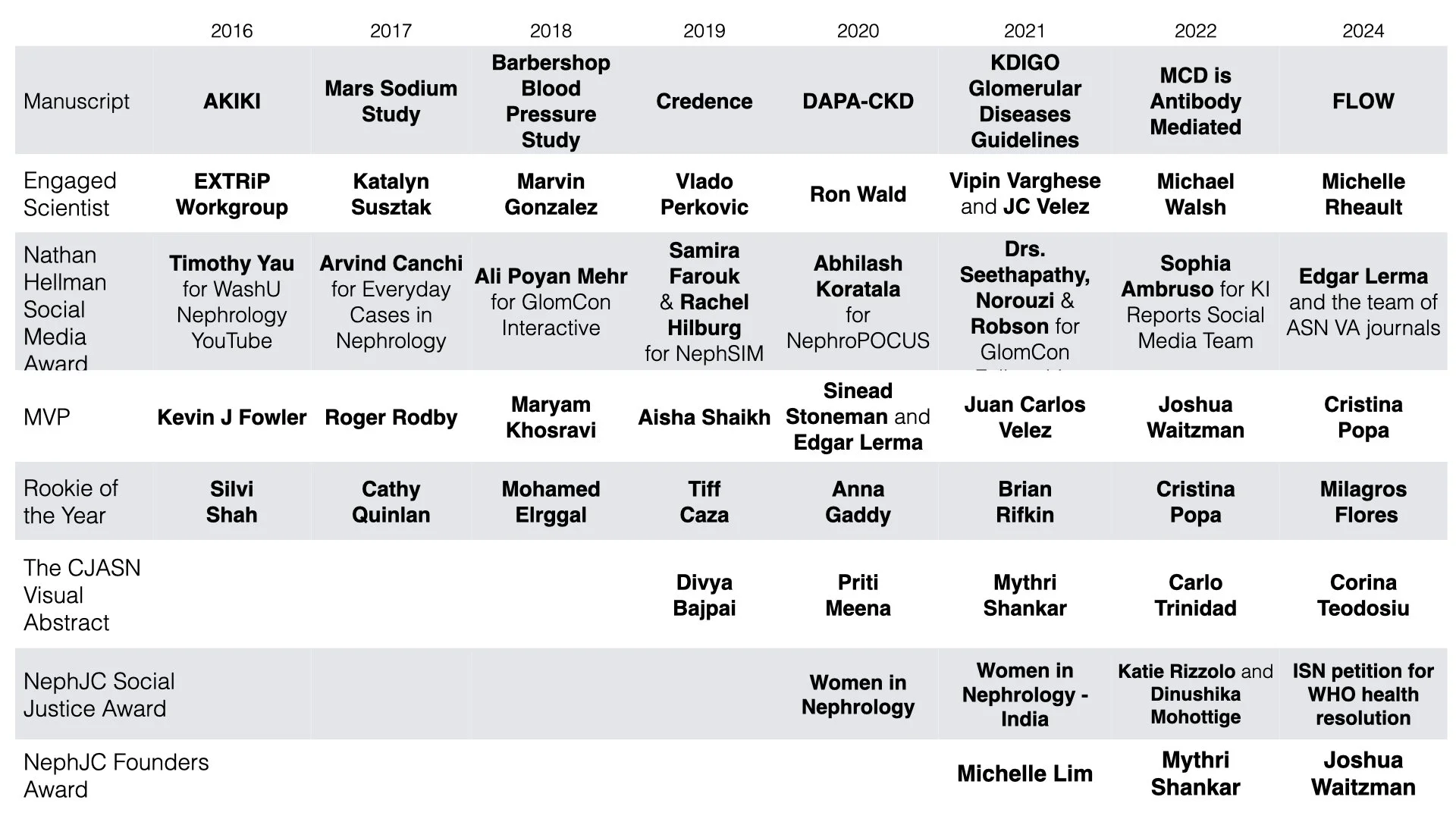NephJC is a nephrology journal club that uses Twitter to discuss the research, guidelines, and editorials that are driving nephrology forward.
Regarding the situation at Twitter Bluesky
Summary of the CAPTIVATE platform which will be a twitter spaces discussion
This week, we will discuss a registry trial: can a nationwide nudge fix a CKD treatment gap?
This week, we will discuss a pediatric nephrology trial: is tacrolimus superior to MMF in FRNS and SDNS?
This week, we will discuss a NEJM trial on uncontrolled hypertension: lorundrostat, an aldosterone synthase inhibitor, aims at the hormonal dark side driving resistance.
This week, we will discuss a double header: two single centre ddAVP trials in kidney biopsy from India.
This week, we will discuss the prognostic role of microvascular inflammation in kidney transplantation. Can the capillaries whisper their damage in lesions before antibodies speak? Maybe this study compels us to treat the injury we see, not just the disease we can name…
This week, we will discuss another target trial emulation study. The FDA says to stop metformin at a GFR of 30. Are they right?
This week, we will discuss the first iteration of KDIGO’s 2025 guidelines on ADPKD. These guidelines are a result of a decade of global collaboration between physicians, researchers, advocates, and patients. The guidelines incorporate ADPKD-specific care as well as many general CKD management practice points.
This week, we will celebrate in advance World Kidney Day by discussing the results of OBInutuzumab in active lupus nephritis. The LUNAR trial (rituximab versus placebo) was “almost” positive, but not quite there. Would Obi overpower its cousin ritux? ✨
This week, we will continue with February’s aldosterone leitmotif: do mineralocorticoid receptor antagonists (MRAs) truly blind the diagnostic in unilateral hypraldosteronism? Is this the article the mythbuster? Draw your own conclusions
This week, we will discuss the origins of primary hyperaldosteronism in normotensive patients. Could this undetected anomaly be the cause of idiopathic hypertension and CKD?
This week, we will discuss the HOPE trial - no not that one - the one in dialysis that was a LBCT in 2024. Should we look beyond analgesics to non-pharmacological options more seriously?
Should we call 2024 the Renaissance of nephrology? It was probably the richest year in RCTs in the nephrology world, reflected in the higher number of Late-Breaking Clinical Trials sessions at every big nephrology congress. Probably 1st place won’t surprise anyone; it was the anticipated FLOW of the year, but this Top 10 Nephrology Stories definitely includes some unexpected titles
This week we come to meta-analyse, strikingly late, the cornerstone of all CKD treatments. Are you still in doubt? We need ACEing CKD to the end of GFR, and beyond
This week, we will discuss hopefully the final story of intensive BP lowering. BPROAD is a larger version of ACCORD without the glycemic control arm. Dive in.
Its that time of year again! Jade Teakell is leading team #UrineItToWinIt for #HCWvsHunger 2024. Read more.
This week, we will discuss the use of 3K dialysis bath with sodium zirconium cyclosilicate versus 2K bath and no potassium lowering medications in dialysis patients and the associated risk of arrhythmia.
This week, we will discuss post-trial follow-up for EMPA-Kidney. What are the longer-term effects of empagliflozin for patients with chronic kidney disease?
Nausea is a very common and distressing problem. Some medications that treat nausea carry a higher risk for arrhythmias, like Torsades de Pointes, and sudden cardiac death. Is ondansetron safe for use in patients on hemodialysis?
This week, we will discuss non-steroidal mineralocorticoid antagonist in the multiverse of cardiovascular-kidney-metabolic. What FINEHEART pooled analysis would add to what we already learned from FIDELIO-DKD trial?
This week is time antibody mediated rejection treatment in kidney transplant. A new molecule targeting CD38, on the horizon, safely tested in a phase 2 trial
This week, we will discuss the ongoing saga of blood pressure targets in patients with hypertension. This time its ESPRIT (Effects of Intensive Systolic Blood Pressure Lowering Treatment in Reducing Risk of Vascular Events) making a case for case for intensive BP control in most hypertensive individuals, including those with a history of diabetes and stroke.
The NephJC Summer Book Club returns! We turn to fiction this time, 'The Covenant of Water', from Abraham Verghese.
This week, we will discuss an intriguing hypothesis for many nephrologists: can amino acids prevent acute kidney injury?
Is living kidney donation safe or does it bring hypertension and potential kidney badness on the horizon? This week we will be focusing on an encouraging JAMA article, hoping to be close to a more definitive answer
This week, we will discuss the RaDaR study. Does rare mean kidney failure occurs rarely? What are rare diseases? Do we see them in children more than adults? All this and more!
This week, we will maybe not expect the worse, while discussing the COMPASS post hoc analysis. Are PPIs so bad for the kidneys?
This week, we will discuss the blockbuster trial of 2024, FLOW. GLP1RAs have arrived in the nephrology realm.
This week, we will discuss the second part of the 2024 CKD guidelines from KDIGO. Lots to chew on, so let’s dive in!
This week, we will discuss the 2024 KDIGO Guidelines on CKD, part 1. In this section we will discuss the first two chapters on CKD evaluation and risk stratification. Let’s dive in!
Upcoming Twitter chats
All scheduled chats are tentative. We may change the schedule depending on the whims of the NephJC work group
July 8, 2025: Finerenone with Empagliflozin in Chronic Kidney Disease and Type 2 Diabetes, Agarwal R, et al, NEJM, 2025
July 22, 2025: Complex Etiologies of the Discordance Between Cystatin C– and Creatinine-Based Estimated GFR and Its Adverse Association, McCoy IE, et al, AJKD, 2025
August 19, 2025: NephJC Summer Book Club returns with ‘Everything is Tuberculosis’ by John Green

Twice a month (that’s aspirational, not a promise), the filtrate (Jennie Lin, Joel Topf, Jordy Cohen, Joshua Waitzman, Nayan Arora, Sophia Ambruso, and Swapnil Hiremath) sit down and recap the latest NephJC discussion. We go as deep as it takes. Give it a listen.
NephJC tries something different, AI created podcasts to help people prep for the chat June 23
NephJC tries something different, AI created podcasts to help people prep for the chat June 10
Introducing NephJC Collections
See the blog post describing this inititiative.
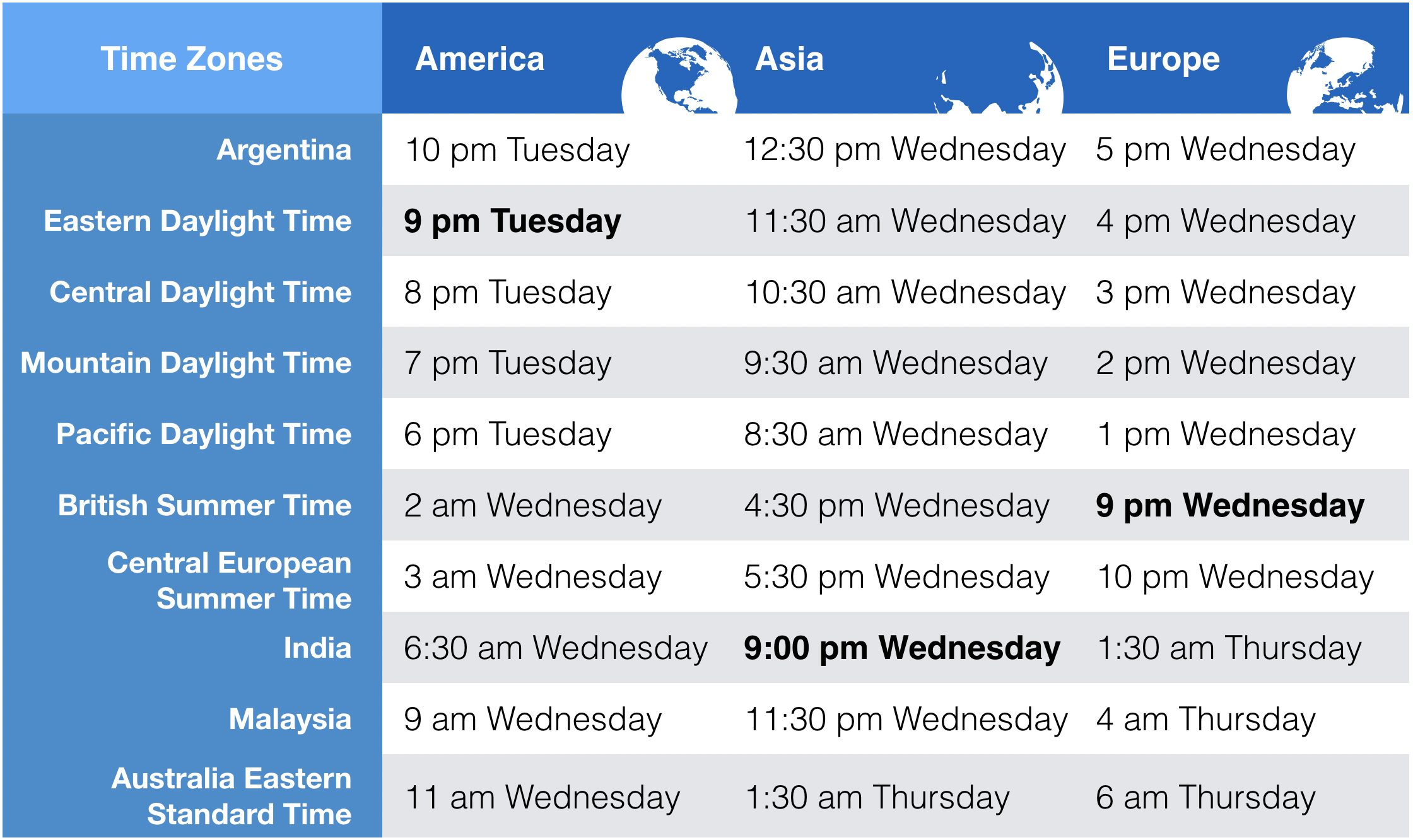
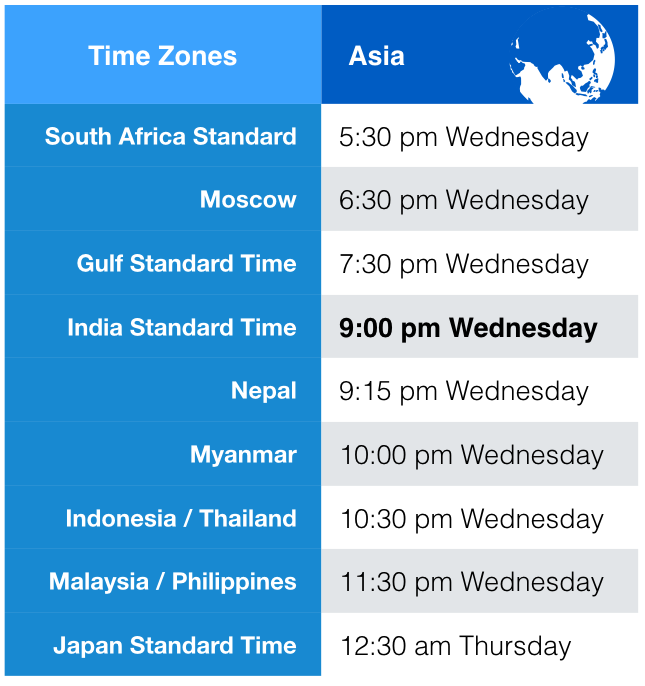
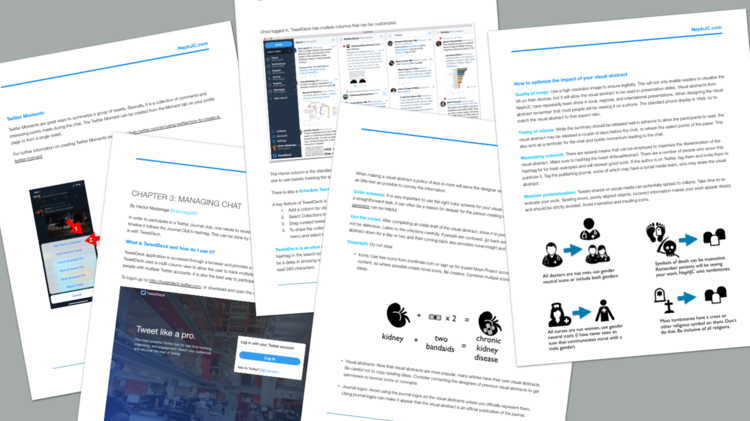
The NephJC Twitter Journal Club Primer
The NephJC work group has produced a primer to document some of our thoughts on the practices on running a Twitter Journal Club. We think it is quite good. Take a look.
In the last year, NephJC has injected some statistical muscle into its editorial team (thank you Perry Wilson and Laurie Tomlinson). Then Manasi Bapat volunteered to create some cogent explainers for the various techniques that are routinely described in the methods section most of us skip over as we rush to the results. Here are the recent posts...
Summary of the CAPTIVATE platform which will be a twitter spaces discussion
This week on NephTrials we will discuss the PROTECT-V trial, a platform trial for preventing COVID-19 infections in the vulnerable kidney populations.
This week on #NephTrials, we will discuss platform trials, anchoring the discussion to the BEAT-Calci trial, which has a number of interesting design features.
In this edition of NephTrials, we will discuss the importance of PROS, PROMS, PREMS, anchoring the discussion to the SWIFT trial
In this edition of NephTrials, we will discuss the bewildering world of master protocols, comprising of platform, umbrella and basket trials - with the example of the RENAL LIFECYCLE trial.
The next #Nephtrials discussion will feature a deep dive into convection/hemodiafiltration, and the ongoing registry based trial, H4RT
After cluster RCTs and pragmatic trials, we will discuss the role of run in periods and what we try to achieve by having them in clinical trials. Read on.
This week we discuss cluster RCTs. How do you conduct, consent, analyse and interpret these? Why do you do cluster RCTs? Let’s discuss using the Dial-Mag trial as an example.
Join us for the first edition of the #NephTrials chat. Let’s take a deep dive into pragmatic trials, and take a specific example - the Phosphate trial, to anchor the discussion.
NephTrials: where NephJC joins forces with ISN ACT and ISN Academy, to bring the social media expertise from the NephJC community and the methods expertise from ISN-ACT.

The NephJC Book Club
Every summer we blog our way through a book of medical interest and have a Twitter-based book club discussion.
2025 John Green Everything is Tuberculosis
2024 Abraham Verghese The Covenant of Water
2023 Perry Wilson How Medicine Works and When It Doesn't
2022 Walter Isaacson The Code Breaker: Jennifer Doudna, Gene Editing, and the Future of the Human Race
2021 Joshua D Mezrich When Death Becomes Life: Notes from a Transplant Surgeon
2020 Rana Awdish’s In Shock
2019 Andrew Bomback’s Doctor (Object Lessons)
2018 Siddhartha Mukherjee's Laws of Medicine, Field Notes from an Uncertain Science
2017 Vanessa Grubb's Hundreds of Interlaced Fingers.
2016 Eric Topol's The Patient Will See You Now
2015 Atul Gawande's Being Mortal
Kidney Medicine
